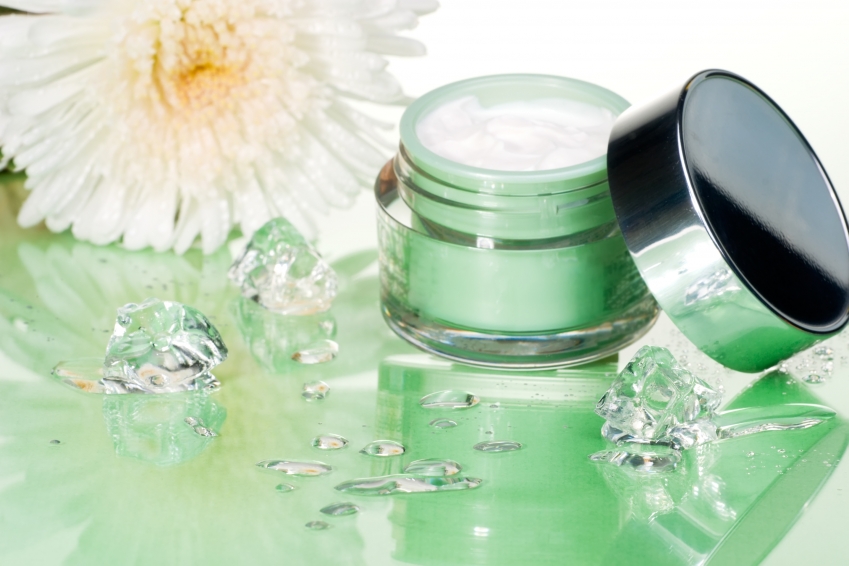June 14, 2014
Beauty Product Labels: A Guide to What They Really Mean
June 14, 2014
Beauty Product Labels: A Guide to What They Really Mean

Ever turn that skincare product around and read all the ingredients you can’t pronounce?
Reading and understanding product labels (whether its food or makeup) is important to your health and well-being so here’s a handy guide (thanks to the folks @ Real Simple magazine) to READING BEAUTY-PRODUCT LABEL TERMS:
Clinically Proven – The product had some kind of testing done in a clinical setting like a lab. You need to o your own research to form your own results.
Dermatologist-Tested – Means the product has been tested by a dermatologist but doesn’t necessarily mean its been approved and endorsed by them. Again, you’re better off doing your own research then relying on this label.
Hypoallergenic – Has a low chance of causing allergies.
Noncomedogenic – Doesn’t contain ingredients that clog pores or cause acne.
Brightening –Product contains temporary skin brighteners like mica, or have ingredients that help even out skin tones. Don’t mistake this for “lightening” since only products that have the chemical hydroquinone can lighten dark spots on your skin.
Firming – Contains ingredients that help “plump” up skin for a fuller look.
Lifting – Helps repair sagging skin, fine lines and wrinkles. Be warned that the results will be subtle since only plastic surgery can truly “lift” your skin.
Fragrance Free – Product contains no noticeable smell, no added artificial or chemical fragrances which is great for sensitive or allergy-prone skin.
Oil Free – Doesn’t contain mineral or plant oil or lanolin which can irritate acne-prone skin.
Broad Spectrum – Often found on sunscreen labels, it means that the product protects against both ultraviolet A and B rays which is the best protection available. Please note that no matter what the label says, no sunscreen blocks out ALL the harmful rays.
Long Wearing – Refers to the product’s staying power. This is NOT the same as “waterproof”.
The key to being a good shopper (especially when it comes to makeup & skincare) is to be INFORMED AND EDUCATED.
A recent Beauty Biz Roundtable (BBR) attendee, Kari Comstock Feder of Procter & Gamble, said that a product’s ingredient list is the “#1 most important factor” when she buys her cosmetics and skincare products and we couldn’t agree more!

